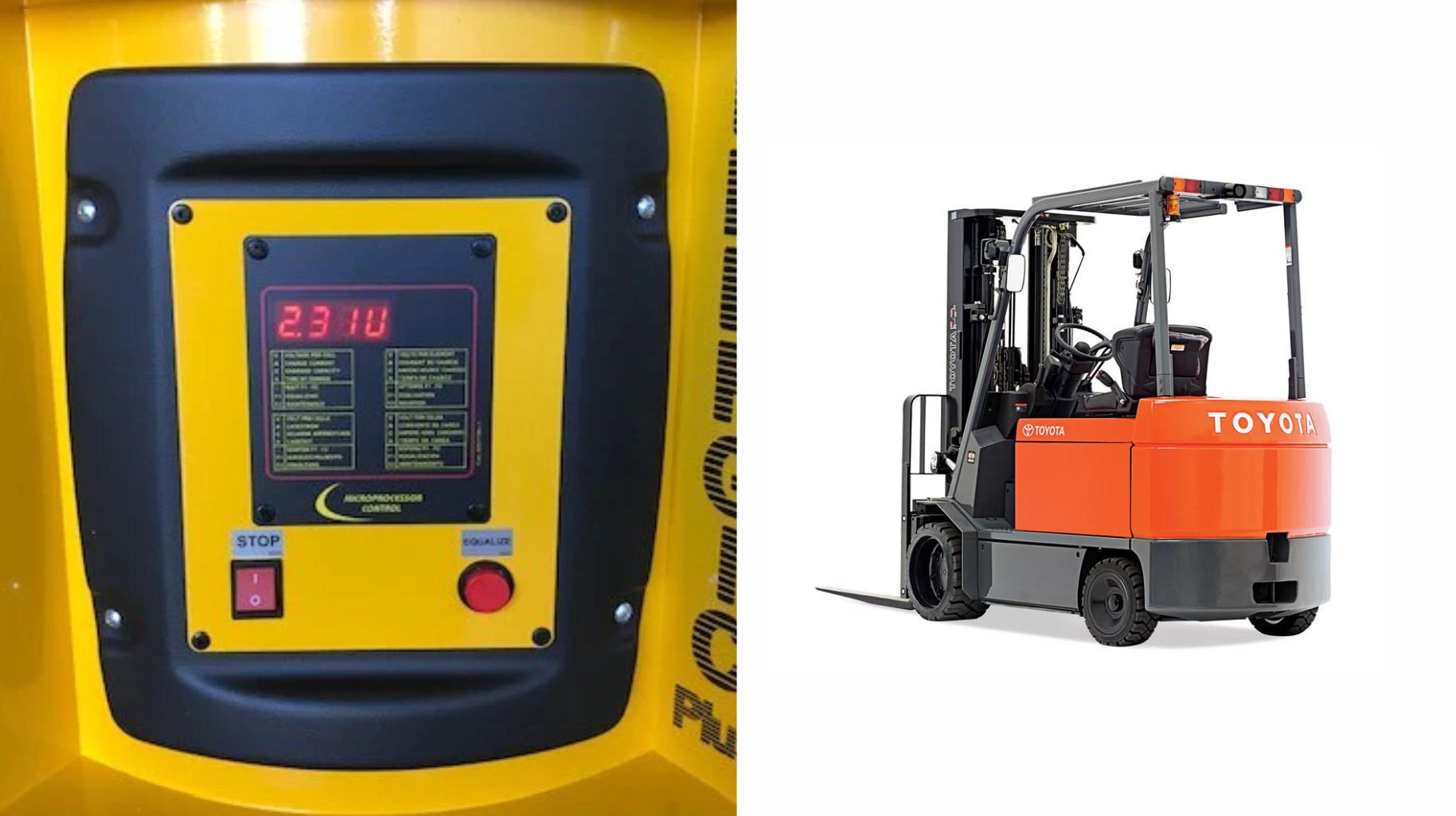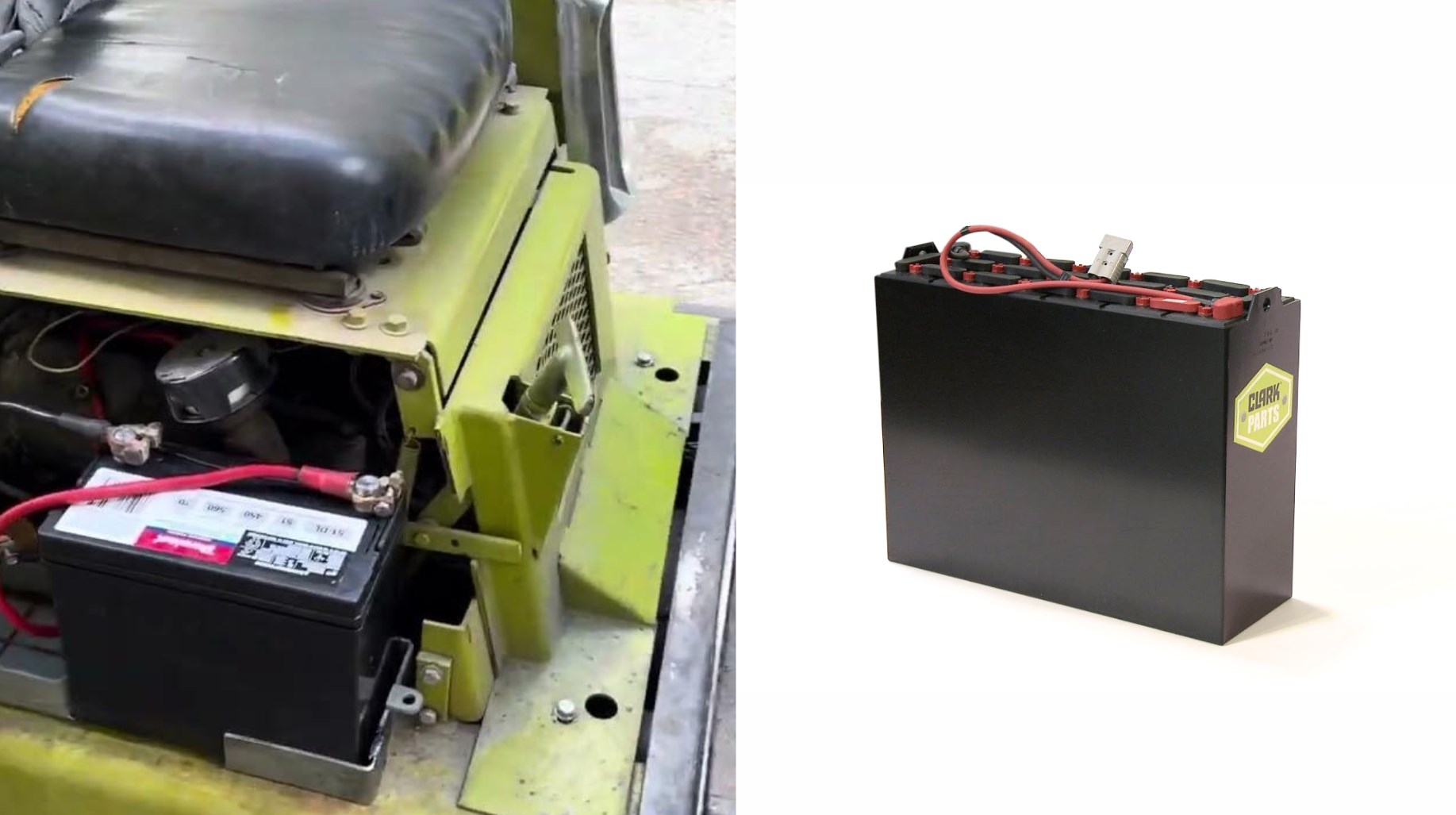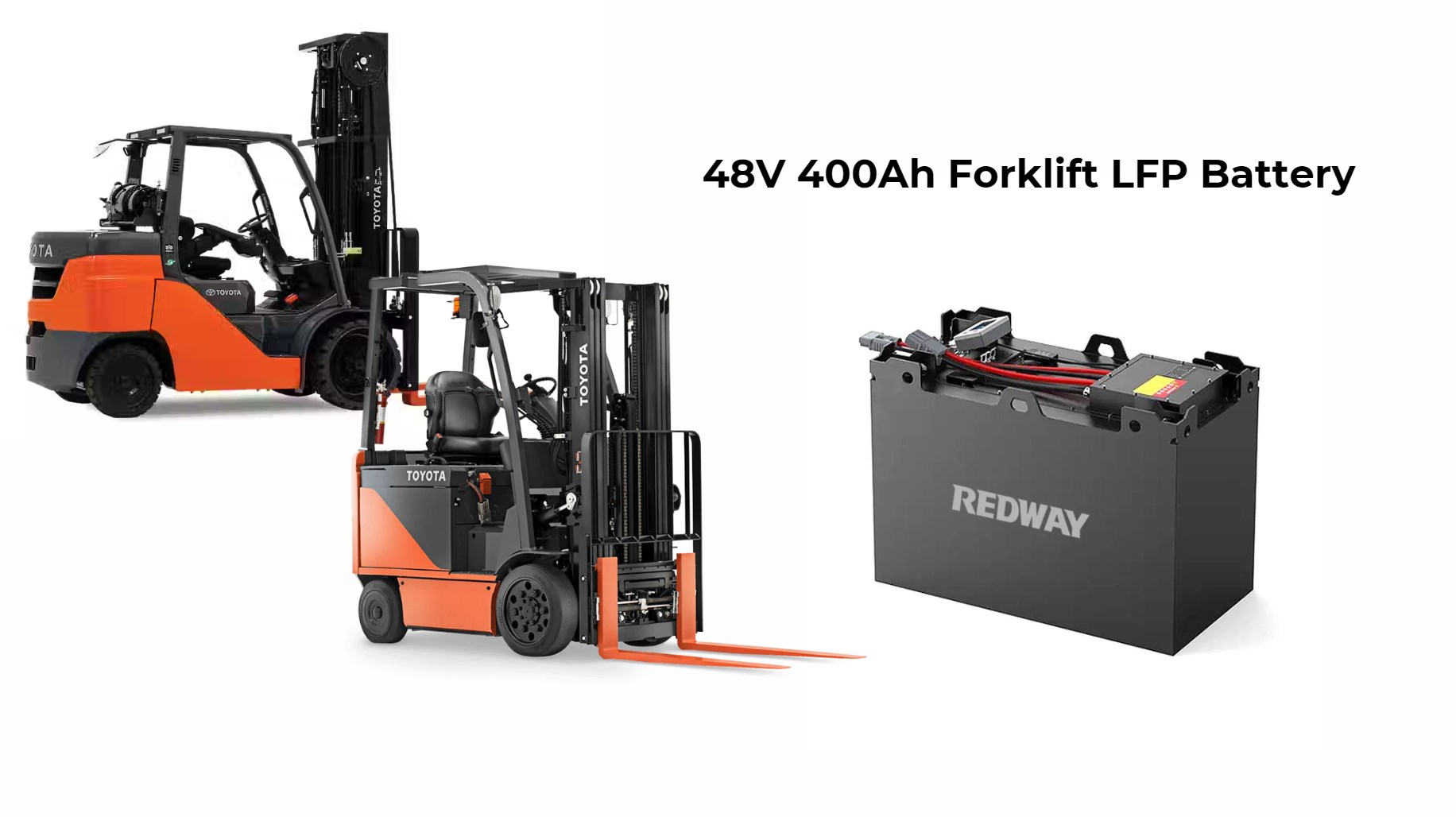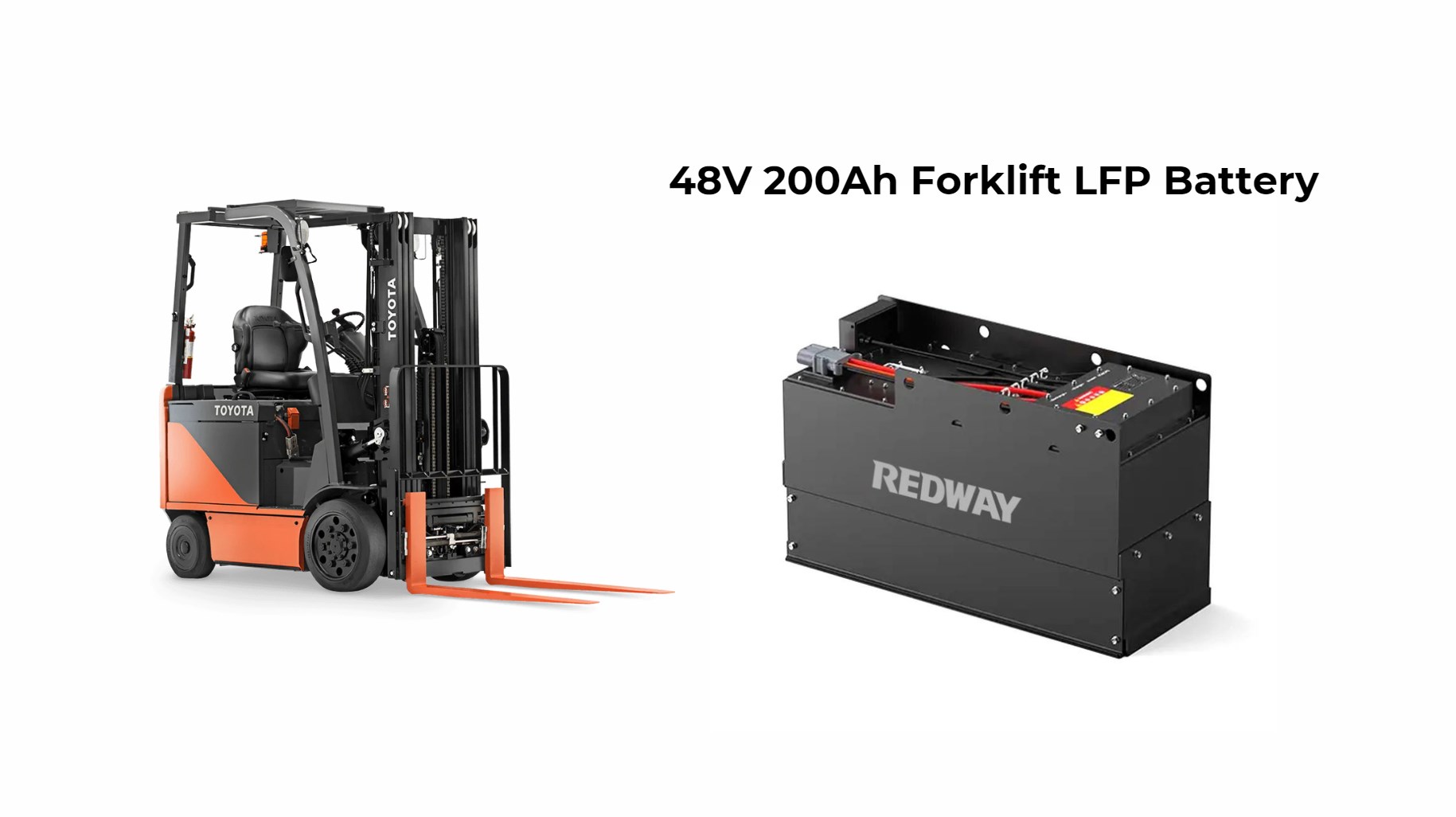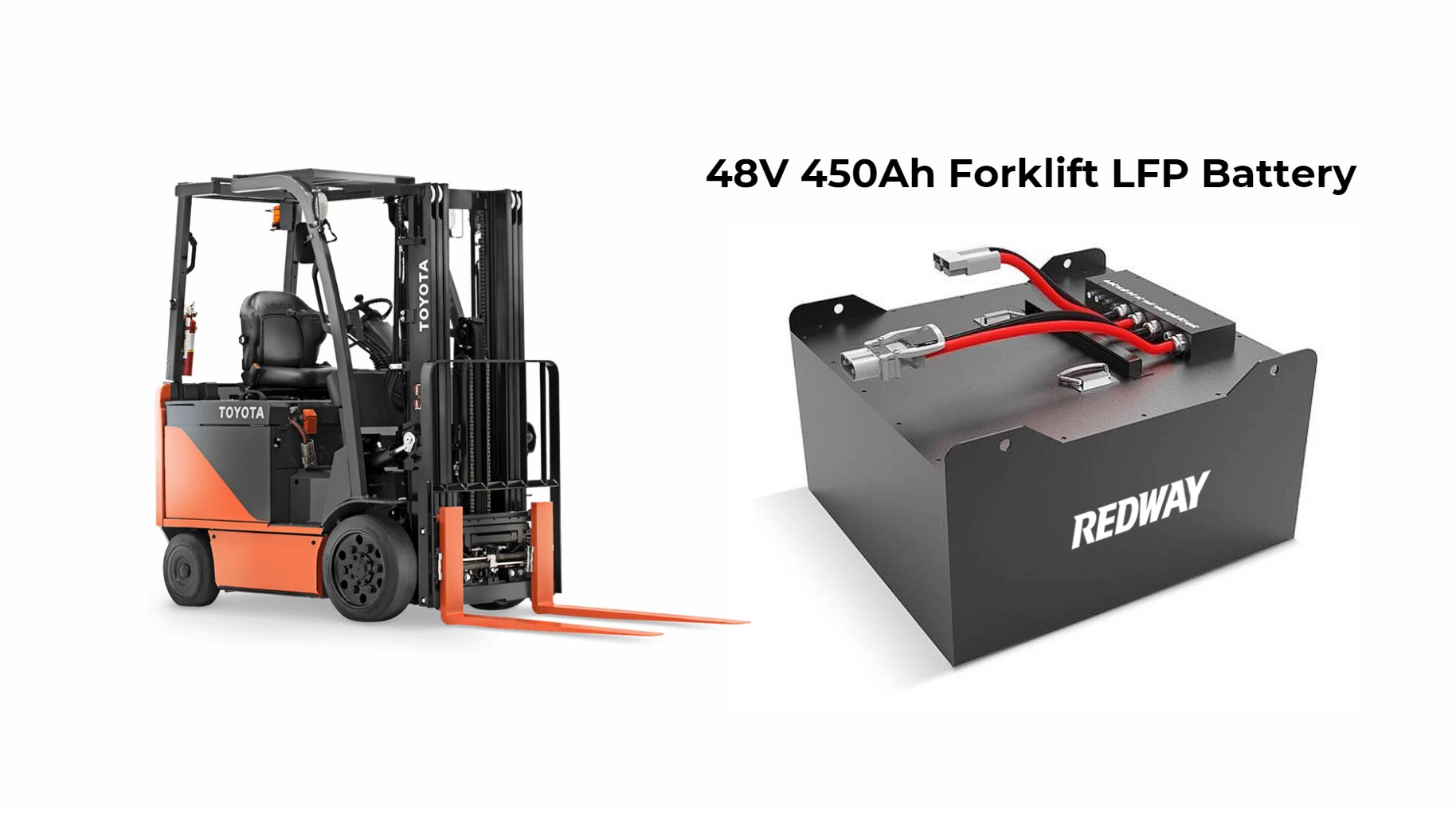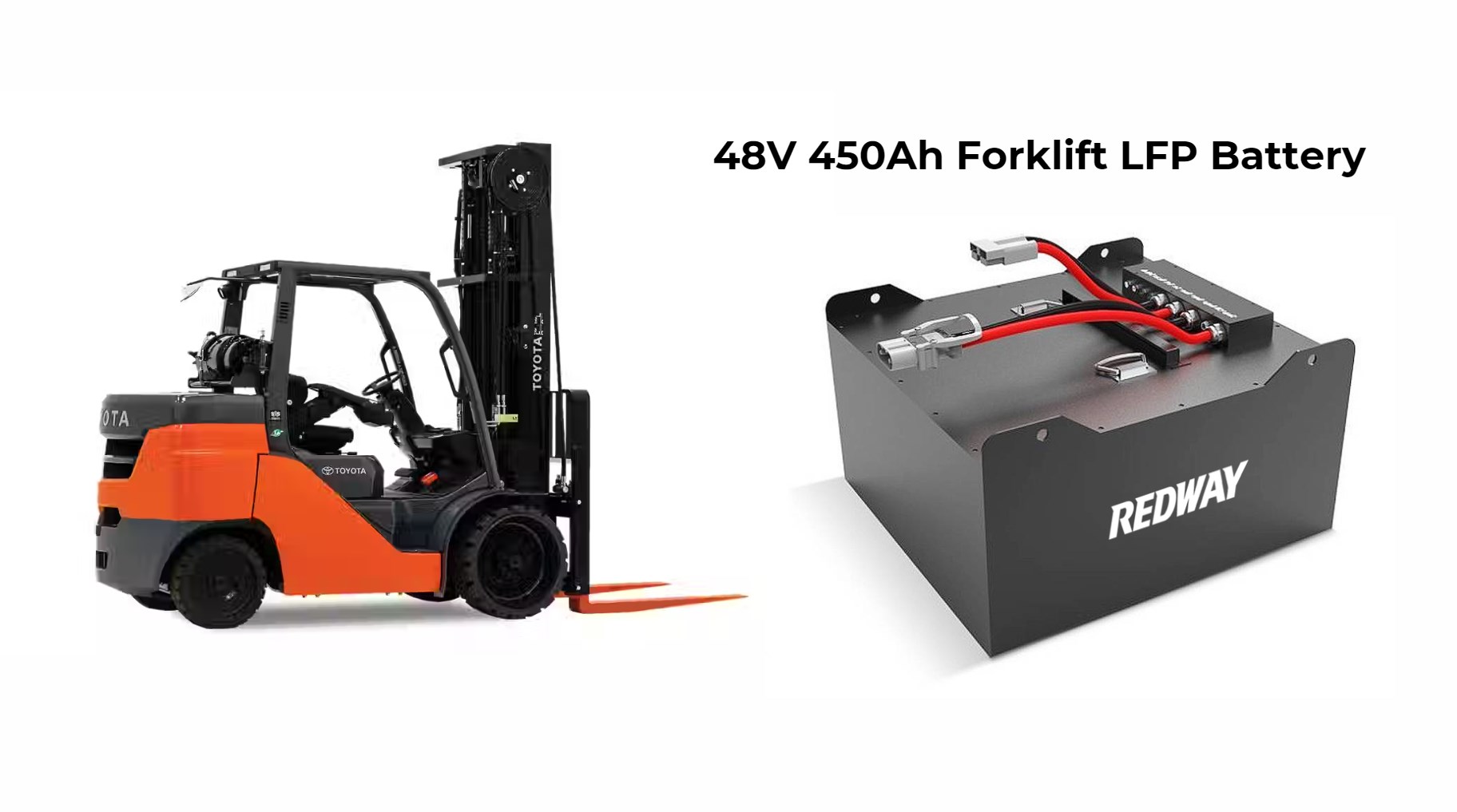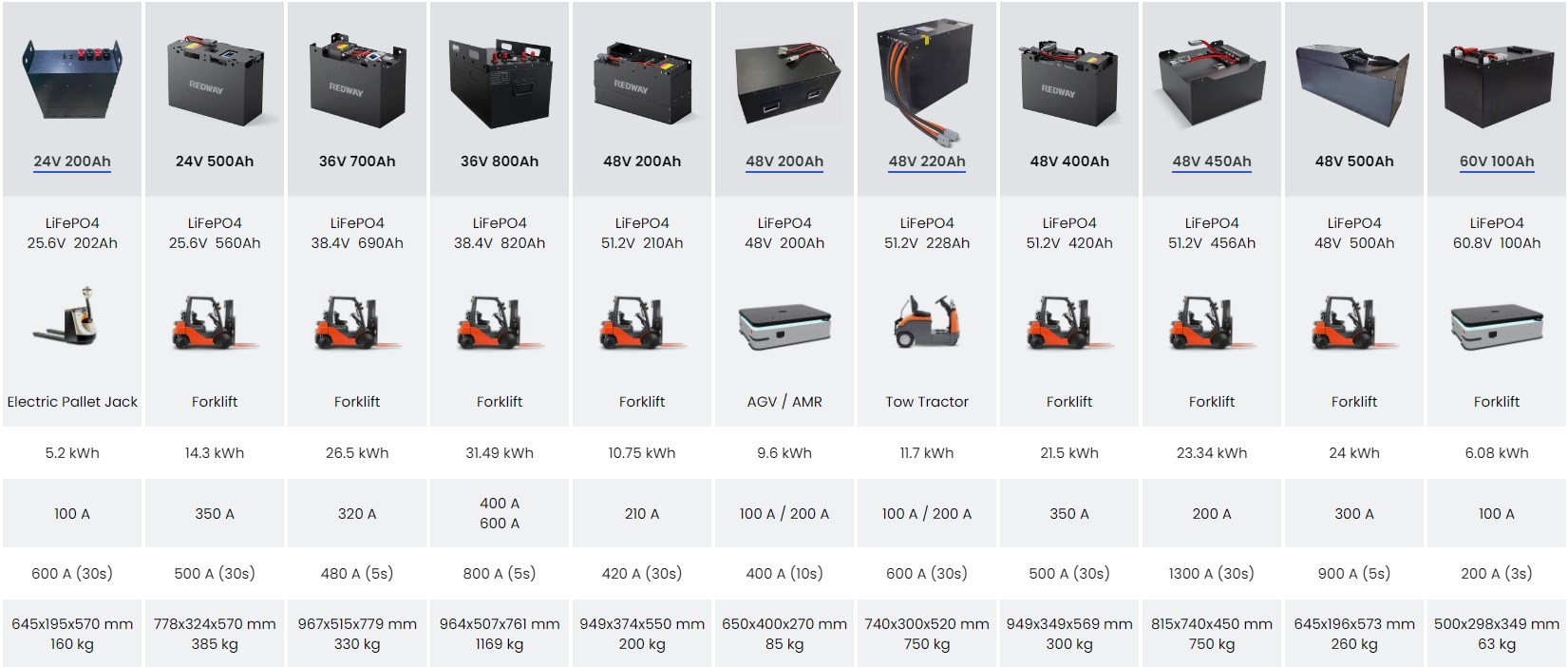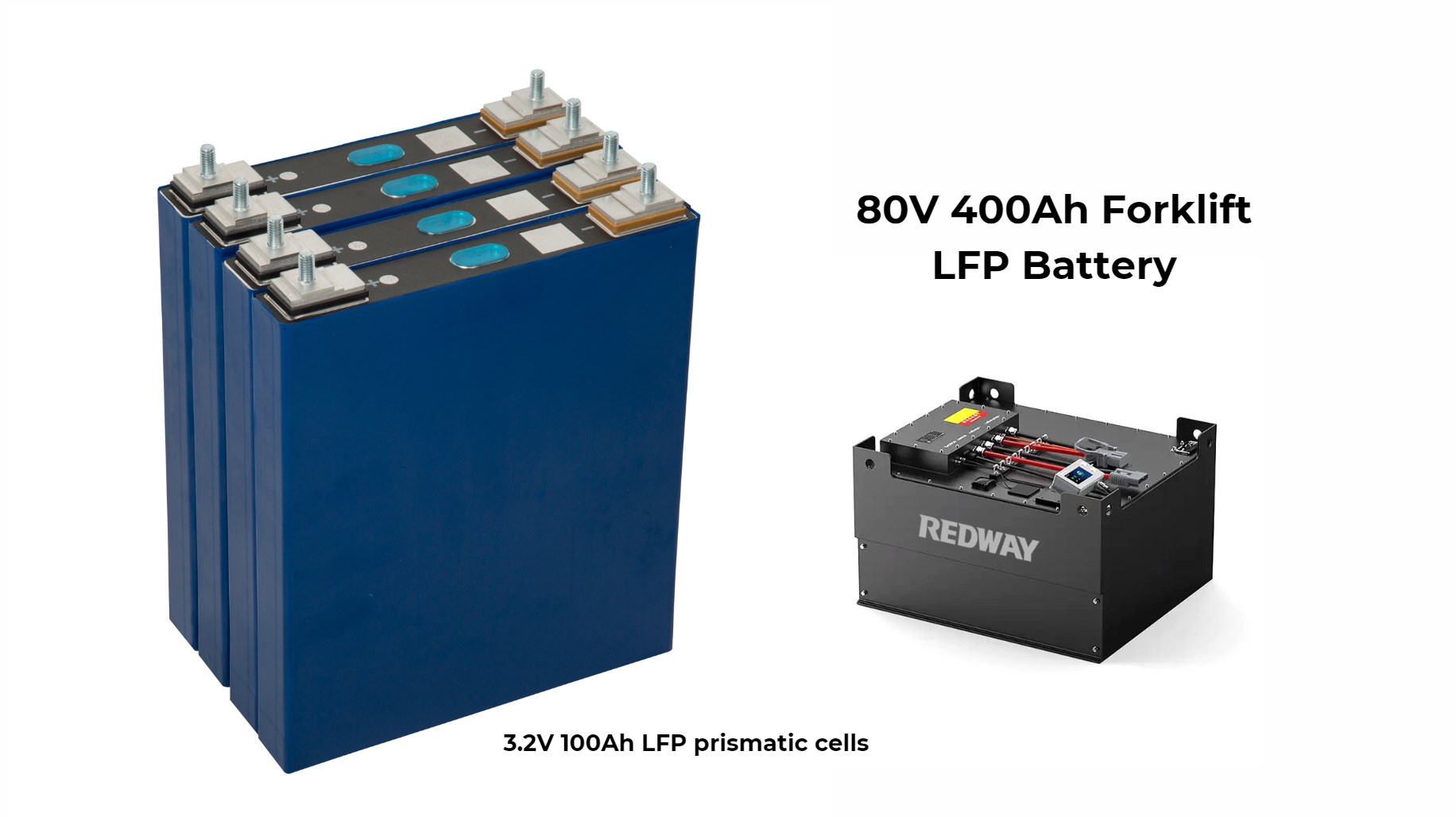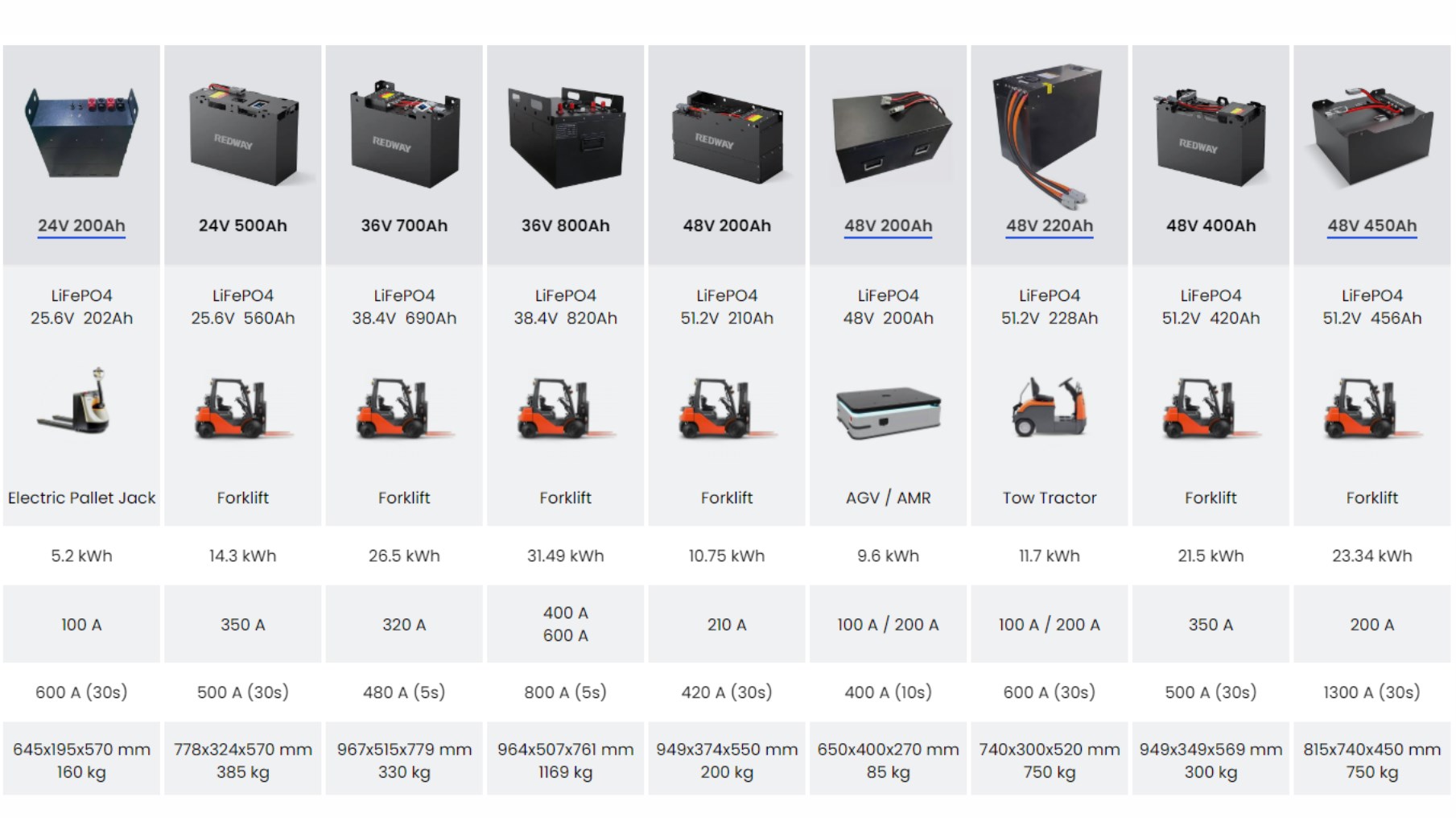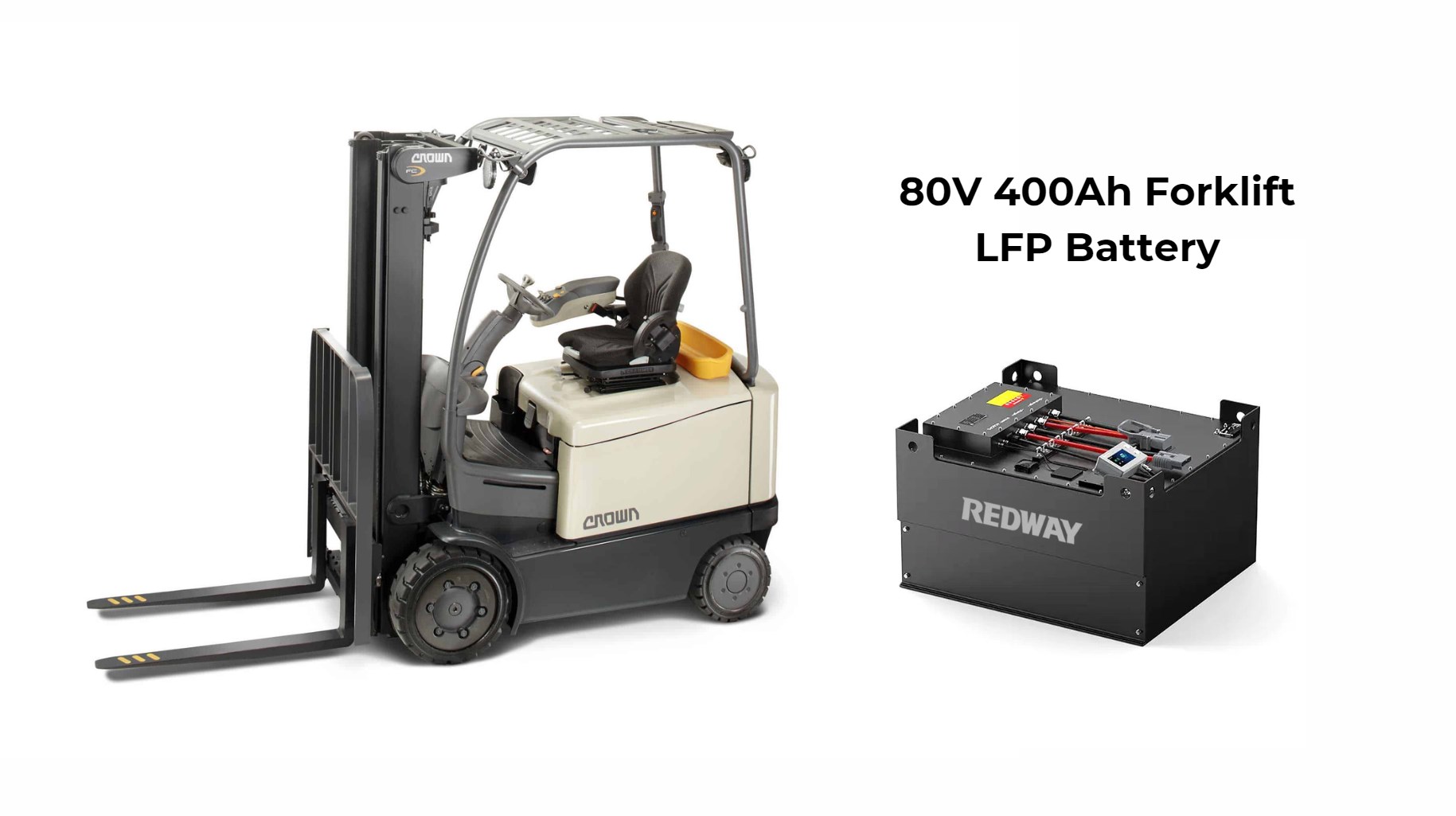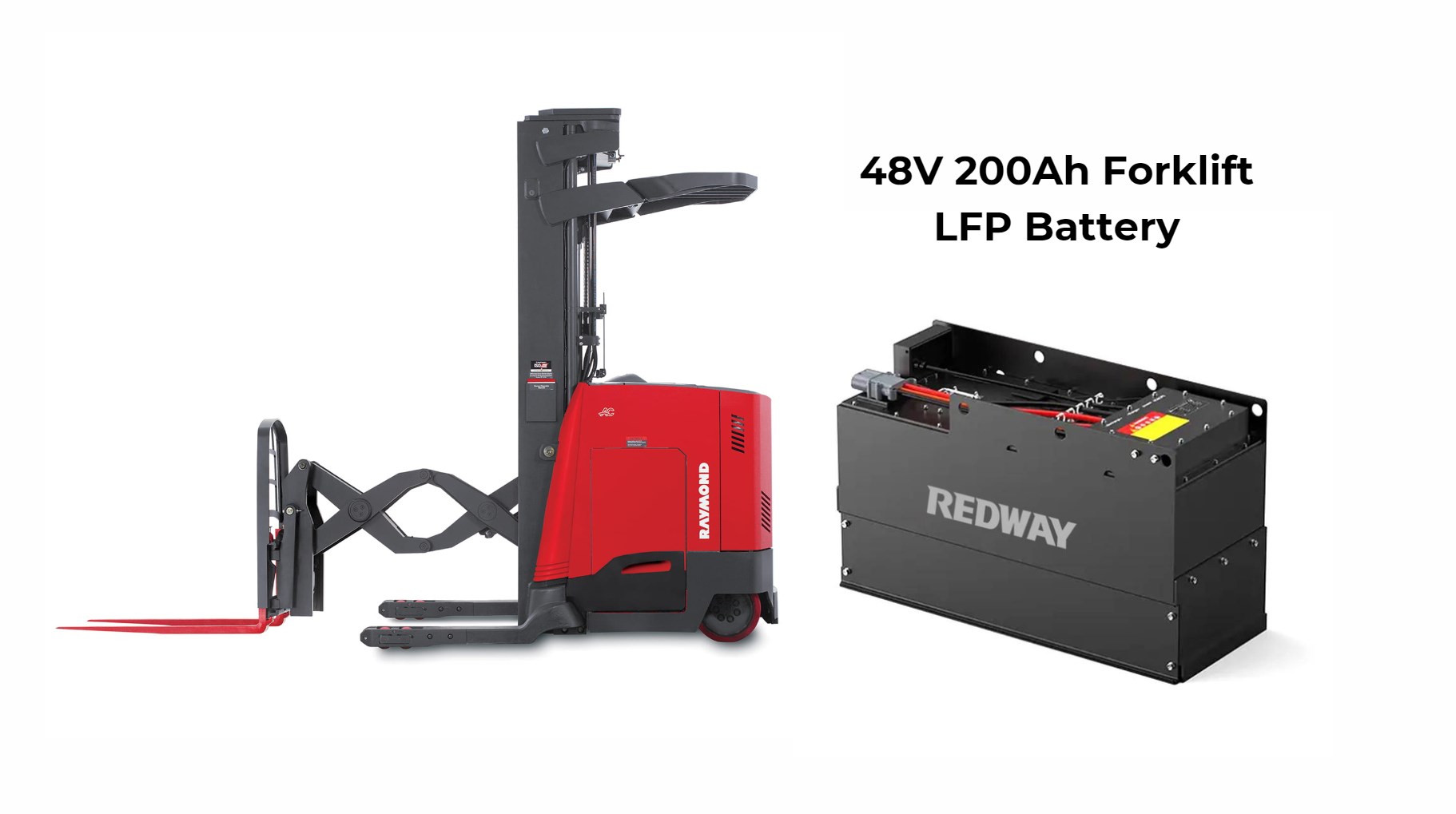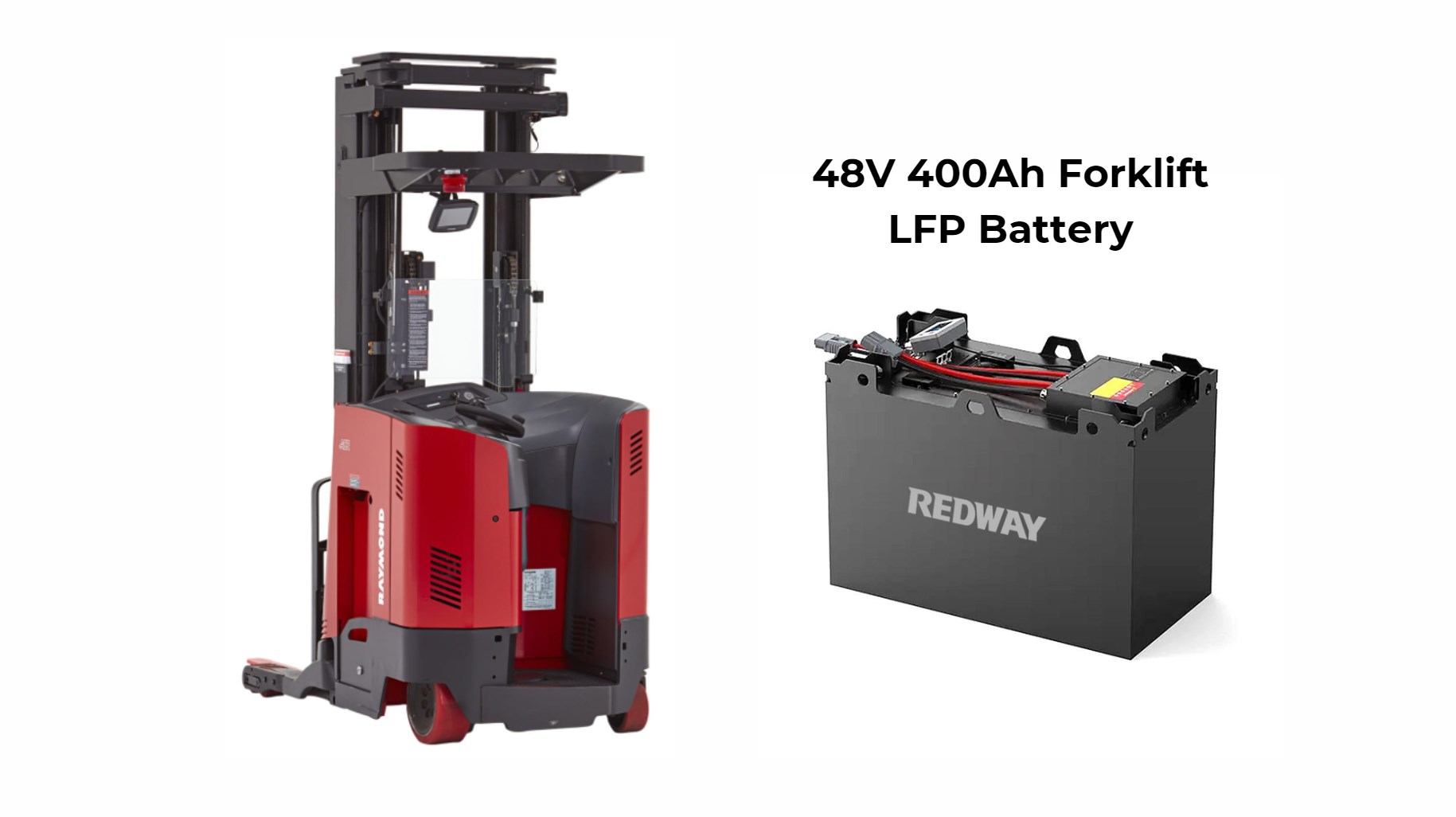What Is a 36 Volt Single Phase Forklift Battery Charger?
A 36 volt single phase forklift battery charger is designed to recharge 36-volt batteries used in electric forklifts. It operates on single-phase AC power, ensuring efficient charging while protecting battery health, and is compatible with both lead-acid and lithium-ion batteries. These chargers are crucial for ensuring that forklifts are powered adequately during operations, thus enhancing productivity in material handling environments.
How Does a 36 Volt Single Phase Charger Work?
A 36 volt single phase charger converts AC power into DC power to charge the forklift battery. It regulates voltage and current to prevent overcharging, often using smart technology to adapt the charging process based on the battery’s condition.
The charger operates by converting alternating current (AC) from the electrical supply into direct current (DC) needed to charge batteries:
- Input Power: Typically requires standard single-phase AC input.
- Charging Process: Utilizes microprocessor control to manage voltage and current levels during charging.
This process ensures efficient energy transfer while minimizing risks associated with overcharging.
What Key Specifications Should You Consider When Choosing a Charger?
Consider the charger’s output amperage, compatibility with battery types (lead-acid or lithium-ion), input voltage options, and safety features. Additionally, look for smart charging capabilities that enhance efficiency and protect battery health.
When selecting a 36 volt single phase forklift battery charger, consider:
- Output Current: Determines how quickly the battery can be charged.
- Efficiency Rating: A higher efficiency rating reduces energy waste.
- Cooling Mechanisms: Adequate cooling prevents overheating during operation.
These specifications directly impact performance and operational costs.
Know More:
What Are Forklift Battery Sizes and Configurations?
What Are the Key Features of 6 x 9 Forklift Batteries?
What Are Forklift Battery Amp Hours and Why Are They Important?
Why Is Proper Maintenance Important for Clark C300 Forklift Batteries?
What Is a Forklift Battery Charger Stand and Why Is It Important?
What Is a Forklift Battery Charger Station and Why Is It Important?
What Is a 36 Volt Single Phase Forklift Battery Charger?
What Safety Features Are Essential in Forklift Battery Chargers?
Essential safety features include overload protection, short-circuit prevention, temperature regulation, and automatic shut-off mechanisms. These features help ensure safe operation and extend the lifespan of both the charger and the battery.
Essential safety features include:
- Overcurrent Protection: Prevents excessive current flow that could damage batteries.
- Thermal Protection: Monitors temperature to prevent overheating.
- Polarity Protection: Ensures correct connections to avoid short circuits.
These features are vital for safe operation in industrial environments.
How Should You Properly Charge a 36 Volt Forklift Battery?
To charge a 36 volt forklift battery, connect the charger to the battery terminals, ensuring proper polarity. Follow manufacturer guidelines for settings, monitor charging progress, and disconnect once fully charged to avoid overcharging.
To charge effectively:
- Ensure the charger is compatible with your battery type.
- Connect the charger to the battery securely.
- Monitor charging status through indicators on the charger.
Following these steps helps maintain battery health and performance.
What Maintenance Practices Help Extend Charger Lifespan?
Regularly inspect charger cables for wear, keep connections clean, and ensure proper ventilation during use. Also, follow manufacturer maintenance recommendations and avoid exposing the charger to extreme temperatures or moisture.
Regular maintenance includes:
- Inspecting cables and connectors for wear or damage.
- Keeping the charger clean from dust and debris.
- Testing safety features periodically to ensure functionality.
Implementing these practices can significantly extend the lifespan of your charger.
How Do Single Phase Chargers Compare to Three Phase Chargers?
Single phase chargers are simpler and more cost-effective for smaller operations, while three phase chargers provide faster charging times and are better suited for high-demand environments. Choose based on your operational needs and electrical infrastructure.
- Single Phase: Ideal for smaller operations with lower power needs.
- Three Phase: Better suited for larger facilities requiring quick turnaround times.
Choosing between them depends on operational requirements and available electrical infrastructure.
How Can You Create an Eco-Friendly Charging Station?
To create an eco-friendly charging station, utilize renewable energy sources like solar panels. Implement energy-efficient chargers with smart technology to reduce electricity consumption and ensure proper ventilation to minimize heat buildup.
To make your charging station eco-friendly:
- Use energy-efficient chargers that minimize electricity consumption.
- Implement recycling programs for old batteries.
These practices not only comply with regulations but also contribute to sustainability efforts within your organization.
What Common Issues Might Arise with Charging and How Do You Troubleshoot Them?
Common issues include slow charging, overheating, or failure to charge. Troubleshoot by checking connections, inspecting cables for damage, ensuring compatibility between charger and battery, and verifying that the power supply is functioning correctly.
Common issues include:
- Charger Not Turning On: Check power supply connections.
- Overheating During Charge: Ensure proper ventilation around the unit.
Addressing these problems promptly can prevent damage to both the charger and batteries.
What Future Trends Should You Watch in Forklift Charging Technology?
Emerging trends include advancements in smart charging systems that optimize energy use based on demand patterns, as well as innovations in wireless charging technology that enhance convenience during operations:Staying informed about these trends can help businesses adapt to evolving technologies effectively.
Expert Views
“Understanding how to select and maintain a 36 volt single phase forklift battery charger is crucial for optimizing performance,” states an expert from Redway. “Proper knowledge not only enhances safety but also maximizes productivity within material handling operations.”
Conclusion
In conclusion, a 36 volt single phase forklift battery charger is essential for maintaining efficient operations in electric forklifts. By understanding its functionality, specifications, safety features, and maintenance practices, businesses can ensure optimal performance while prolonging battery life.
FAQ Section
- What is a 36 volt single phase forklift battery charger?
A 36 volt single phase forklift battery charger is designed specifically to charge electric forklifts operating on 36 volt batteries by converting AC power into DC power suitable for charging. - How does this type of charger work?
The charger converts alternating current (AC) from an electrical outlet into direct current (DC) needed for charging batteries while managing voltage levels through microprocessor control. - What maintenance practices should I follow?
Regularly inspect cables, keep the unit clean, test safety features, and ensure proper ventilation to extend the lifespan of your charger.

